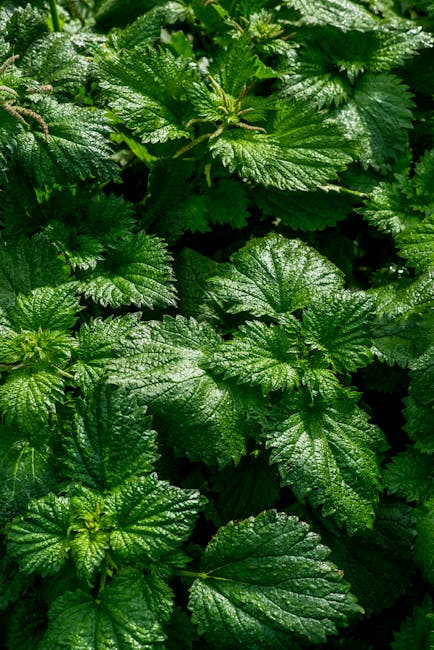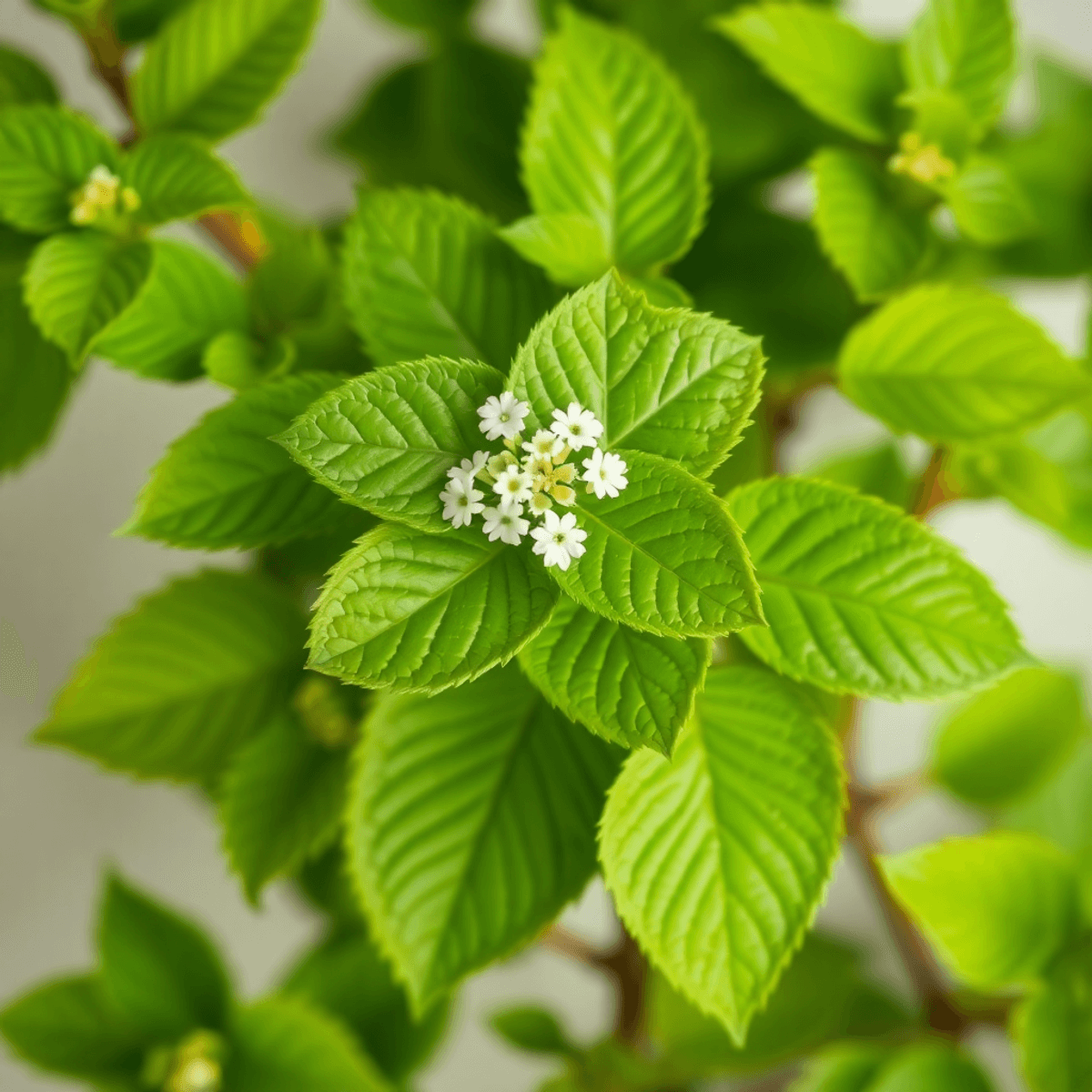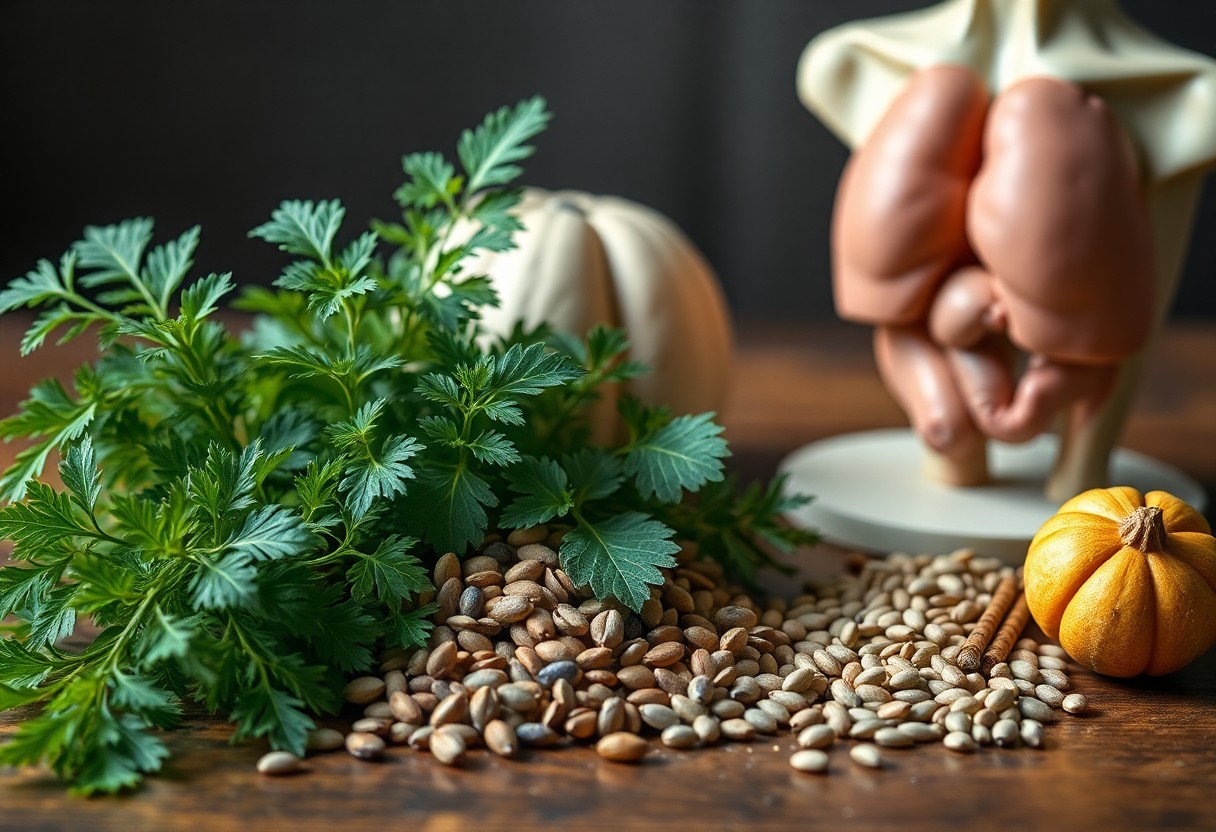10 Best Herbs for Gut Health You Need to Know About
In recent years, gut health has taken the spotlight in the wellness world. From improving digestion to boosting immunity, a healthy gut plays a crucial role in overall well-being. While probiotics and fermented foods are commonly recommended, herbs are an often-overlooked natural remedy that can significantly enhance gut health. This article will delve into the top 10 herbs that can help you maintain a healthy and balanced gut.
Understanding the Importance of Gut Health
Your gut, often referred to as the “second brain,” is responsible for more than just digestion. It houses trillions of bacteria, forming a complex ecosystem known as the gut microbiome. According to a 2020 study published in The American Journal of Gastroenterology, a balanced gut microbiome is essential for nutrient absorption, mental health, and immune function.
Poor gut health can lead to a range of issues, including bloating, constipation, and even mental health disorders like anxiety and depression. Therefore, incorporating herbs into your diet can be a natural and effective way to promote gut health.
Top 10 Herbs for Gut Health
1. Ginger
Ginger is a powerful anti-inflammatory herb that aids digestion and soothes the stomach. A 2015 study found that ginger can accelerate gastric emptying, reducing symptoms of indigestion and bloating. Add ginger to your diet by sipping on ginger tea or adding fresh ginger to smoothies and stir-frys.
2. Peppermint
Peppermint is well-known for its ability to relieve irritable bowel syndrome (IBS) symptoms. The menthol in peppermint has a relaxing effect on the stomach muscles, helping to alleviate gas and bloating. Peppermint tea or oil capsules are excellent ways to incorporate this herb into your routine.
3. Turmeric
Curcumin, the active compound in turmeric, is a potent anti-inflammatory and antioxidant. Research published in the Journal of Clinical Gastroenterology in 2019 suggests that turmeric can help reduce gut inflammation and improve gut permeability. Use turmeric in curries, soups, or as a supplement for best results.
4. Fennel
Fennel seeds have been used traditionally to improve digestion and reduce bloating. They contain anethole, a compound that relaxes the gastrointestinal tract. Chew on fennel seeds after meals or brew them into a soothing tea.
5. Aloe Vera
Aloe vera is known for its digestive benefits, including reducing constipation and soothing the gut lining. A study showed that aloe vera juice could significantly improve symptoms of IBS. Drink aloe vera juice on an empty stomach for optimal benefits.
6. Chamomile
Chamomile is not just for bedtime relaxation; it also helps calm the digestive system. Its anti-inflammatory properties can ease stomach cramps and indigestion. Enjoy chamomile tea after meals to promote a calm digestive tract.
7. Licorice Root
Licorice root has been used for centuries to treat digestive issues. It can soothe the stomach lining and reduce inflammation. However, opt for deglycyrrhizinated licorice (DGL) to avoid potential side effects like high blood pressure.
8. Cinnamon
Cinnamon is a warming spice with antimicrobial properties that help balance gut bacteria. It can also regulate blood sugar levels, which is beneficial for gut health. Sprinkle cinnamon on your oatmeal or add it to your coffee for a gut-friendly boost.
9. Dandelion
Dandelion is a natural diuretic and detoxifier that supports liver health and digestion. It can stimulate the production of bile, aiding in fat digestion. Use dandelion leaves in salads or brew as a tea.
10. Slippery Elm
Slippery elm is a demulcent, which means it forms a soothing film over mucous membranes. It is particularly useful for conditions like GERD and IBS. Mix slippery elm powder with water to create a soothing drink.
Actionable Tips for Incorporating Herbs into Your Diet
Incorporating these herbs into your daily routine doesn’t have to be complicated. Here are some actionable tips:
- Start with teas: Many of these herbs, such as peppermint and chamomile, are readily available in tea form. Enjoy a cup after meals to aid digestion.
- Spice up your meals: Add herbs like ginger, cinnamon, and turmeric to your cooking to enhance flavor and boost gut health.
- Use supplements: If you find it challenging to include certain herbs in your diet, consider taking them as supplements.
- Stay consistent: Consistency is key. Make herbs a regular part of your diet to experience their full benefits.
Conclusion
Maintaining a healthy gut is vital for overall health and wellness. By incorporating these top 10 herbs into your diet, you can naturally support your gut health and improve your digestion. Remember, while herbs can be incredibly beneficial, they should complement a balanced diet and healthy lifestyle. Always consult with a healthcare provider before starting any new supplement, especially if you have existing health conditions.
Take charge of your gut health today and experience the transformative power of nature’s herbs!











